It also offers a path to achieving your long- and short-term financial objectives.
1. Compile a List of All of Your Bills

It is crucial to understand where your money is going when it comes to budgeting. To determine the most frequent expenses, go through your bank statements and accounts (credit card, savings, checking, and savings).
After that, you can divide these costs into groups, like fixed and variable costs. This may enable you to save more money by giving you a clearer understanding of your spending.
Begin with your fixed costs, which consist of debt repayment, utilities, insurance, rent or a mortgage, and other similar items. Since they guarantee that your essential necessities are met, these should come before other costs. Next, proceed to your variable expenses, which may comprise things like entertainment, food, and travel.
2. Keep fixed and variable expenses apart.

After compiling a list of expenses, you should divide fixed and variable costs. Fixed expenses, including rent and electricity, are monthly costs that are essentially constant. Monthly expenses that fluctuate include groceries and entertainment.
Sort your expenditures into categories using a month's worth of bank and credit card bills to find your variable expenses. A few smartphone apps and software packages include tools for budgeting that simplify this procedure. With a clearer understanding of your variable costs, you can pinpoint areas of overspending and reallocate funds to more pressing objectives. Budgeting for requirements and wants is crucial. Examples of such categories are food and recreation. Prioritising needs above wants will help you stay focused on your financial priorities and achieve your short-, mid-, and long-term objectives.
3. Establish budgetary boundaries.

Using a budget is an excellent way to impose spending restrictions. After you have your after-tax income, split it into three accounts: savings, wants, and needs. Things like rent or utilities that you cannot live without are considered needs. Items that you might not be able to live without, such as a music subscription, are considered wants. Repayment of debt and payments to retirement or other objectives are included in savings.
Examine previous credit card or bank statements to ensure you're forecasting your costs accurately. You might be able to reduce some of your recurrent costs, including monthly subscriptions to streaming services you never use or membership fees for gyms you never visit. Additionally, keep in mind that a budget is a flexible tool that you may modify as your goals and way of life change.
4. Establish savings objectives.

Making a budget can help you take charge of your money and will facilitate the achievement of both short- and long-term financial objectives. Begin by computing your monthly take-home pay, also known as net pay, or available income. Next, choose what percentage of your income you will put towards debt repayment, savings, and other non-essential expenses, and what percentage you will use for needs like groceries and rent.
Remember that monthly expenses fluctuate, so make sure your budget allows for some wiggle space. If, for instance, your electricity cost is less than you anticipated one month, you might want to transfer the excess savings to an emergency fund or another savings objective. This aids in avoiding excessive spending, which raises the risk of credit card debt.
5. Give up using credit cards.

Keeping your credit cards in a safe or drawer that requires more effort to open could help you resist the temptation to use them. You might also set up a password-protected app to restrict access to your accounts or freeze them.
The goal of budgeting is to live within your means, so you should make changes if you discover that you're frequently using your credit card and your income is barely covering your expenses. This does not imply giving up all of life's pleasures, but rather a careful examination of your spending patterns and potential adjustments to fulfil both short- and long-term financial objectives.
It's not as terrifying as it sounds, and you can overcome bad credit card habits with the same self-discipline that got you out of bed in time for work this morning.
Recommended Reading: Getting Around the Maze: Comprehending Co-Pays and Deductibles
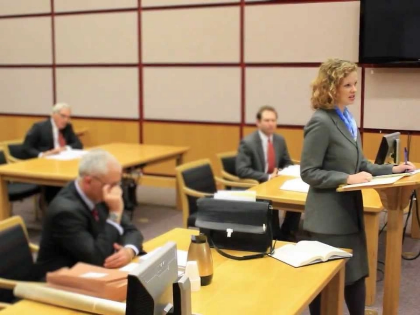



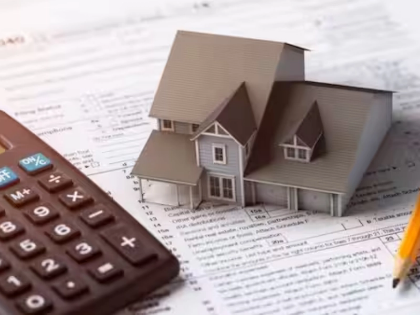
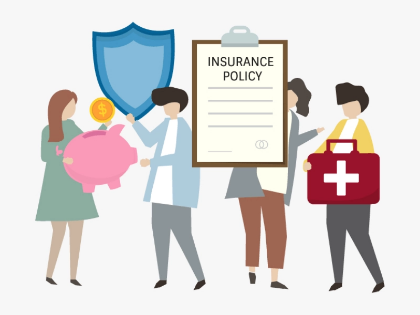


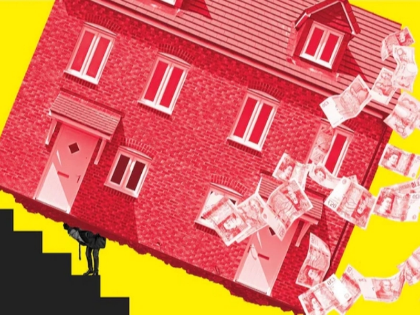
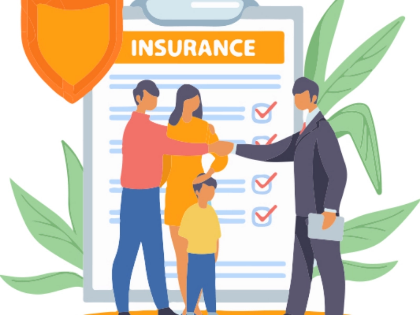
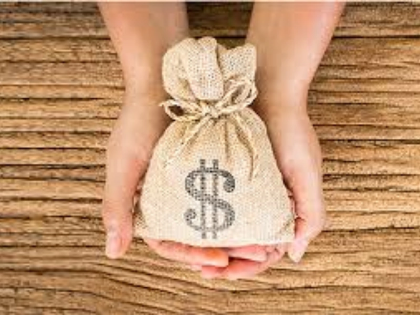




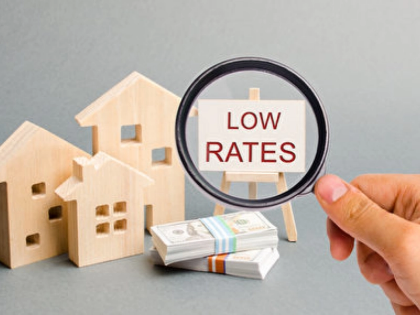
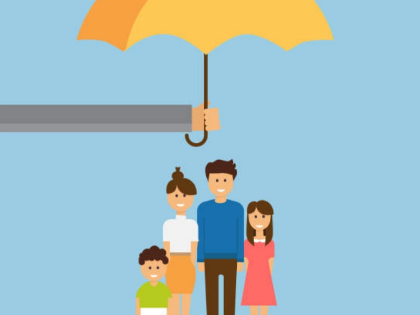

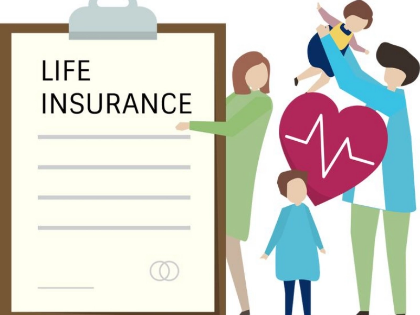





This reframes expected limits.
Packs optionality.